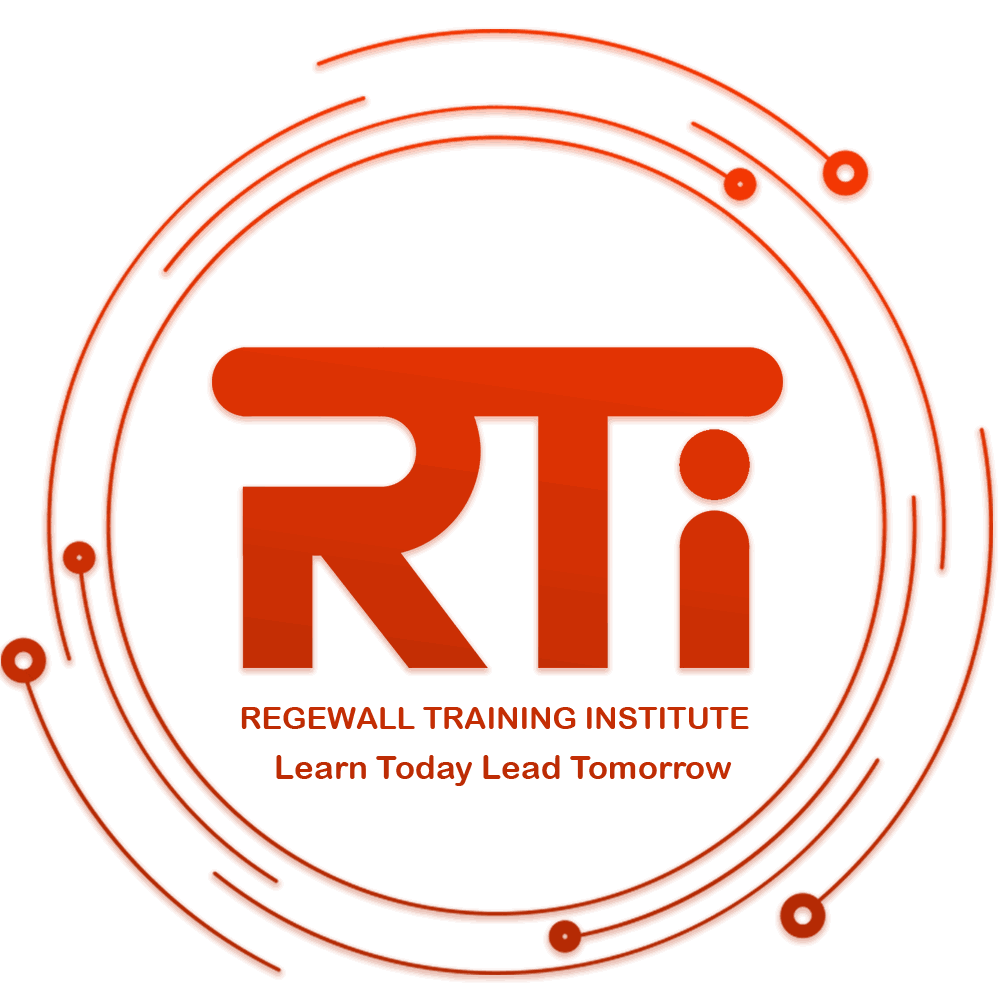Developing Skills for a Sustainable Blue Economy

About Course
Overview
This Developing Skills for Sustainable Blue Economy training course is designed to equip you with the knowledge and skills needed to contribute to the growth and development of the blue economy while ensuring its sustainability. The blue economy encompasses all economic activities that directly or indirectly use the ocean, its resources, and its ecosystems. With the increasing demand for marine resources and the growing threats of climate change and environmental degradation, it is crucial to develop and promote sustainable practices that enable the blue economy to flourish without compromising the health of the ocean and its ecosystems.
This training course will explore the various sectors of the blue economy and provide you with the tools to effectively manage and conserve marine resources while also promoting economic growth.
Throughout this training course, you will learn about the key principles of sustainability in the context of the blue economy, including resource management, biodiversity conservation, and climate resilience. You will also gain an understanding of the different sectors of the blue economy, such as fisheries, aquaculture, shipping, and tourism, and the challenges and opportunities associated with each sector. In addition, you will explore various tools and techniques for sustainable development and management of marine resources, such as marine spatial planning, ecosystem-based management, and blue carbon initiatives.
By the end of this training course, you will have the skills and knowledge to contribute to the sustainable growth of the blue economy and help ensure the long-term health and vitality of the ocean and its ecosystems.
This Regewall Training Institute training course will highlight:
- The concept of the blue economy and its importance for sustainable development
- The challenges and opportunities associated with different sectors of the blue economy
- The principles of sustainability and their application in the context of the blue economy
- The role of marine spatial planning in the sustainable management of marine resources
- The importance of biodiversity conservation and its relationship to economic growth
- The impacts of climate change on the ocean and the blue economy
- The use of ecosystem-based management and other tools for sustainable development
- The role of stakeholders in promoting sustainable practices in the blue economy
- Best practices and case studies from different sectors of the blue economy
- The potential for blue carbon initiatives to mitigate climate change while promoting sustainable economic growth
At the end of this training course, you will learn:
- The key principles and concepts of the blue economy, its importance, and its potential for sustainable development
- To understand the different sectors of the blue economy, including fisheries, aquaculture, shipping, and tourism, and the challenges and opportunities associated with each sector
- The importance of sustainable practices for the long-term health and vitality of the ocean and its ecosystems, as well as the economic and social benefits of such practices
- The application of different tools and techniques for sustainable development and management of marine resources, such as marine spatial planning, ecosystem-based management, and blue carbon initiatives
- The importance of stakeholder engagement and collaboration in promoting sustainable practices and addressing the complex challenges facing the blue economy
- To understand the impacts of climate change on the ocean and the blue economy, and the potential for adaptation and mitigation strategies
- Critical thinking and problem-solving skills to analyze and address the complex challenges facing the blue economy and develop sustainable solutions
In this Developing Skills for Sustainable Blue Economy training course, we are using advanced adult learning practices to enhance the learning and experience of participants, which include:
- Interactive lectures: Lectures that are interactive and engaging, with opportunities for participants to ask questions and engage in discussions.
- Case studies: Case studies that illustrate the impact of climate change on businesses and the opportunities and challenges it presents.
- Group work: Group work that encourages participants to work together to identify and implement solutions to mitigate, adapt to, or reverse climate change and its impacts on society globally.
- Practical

